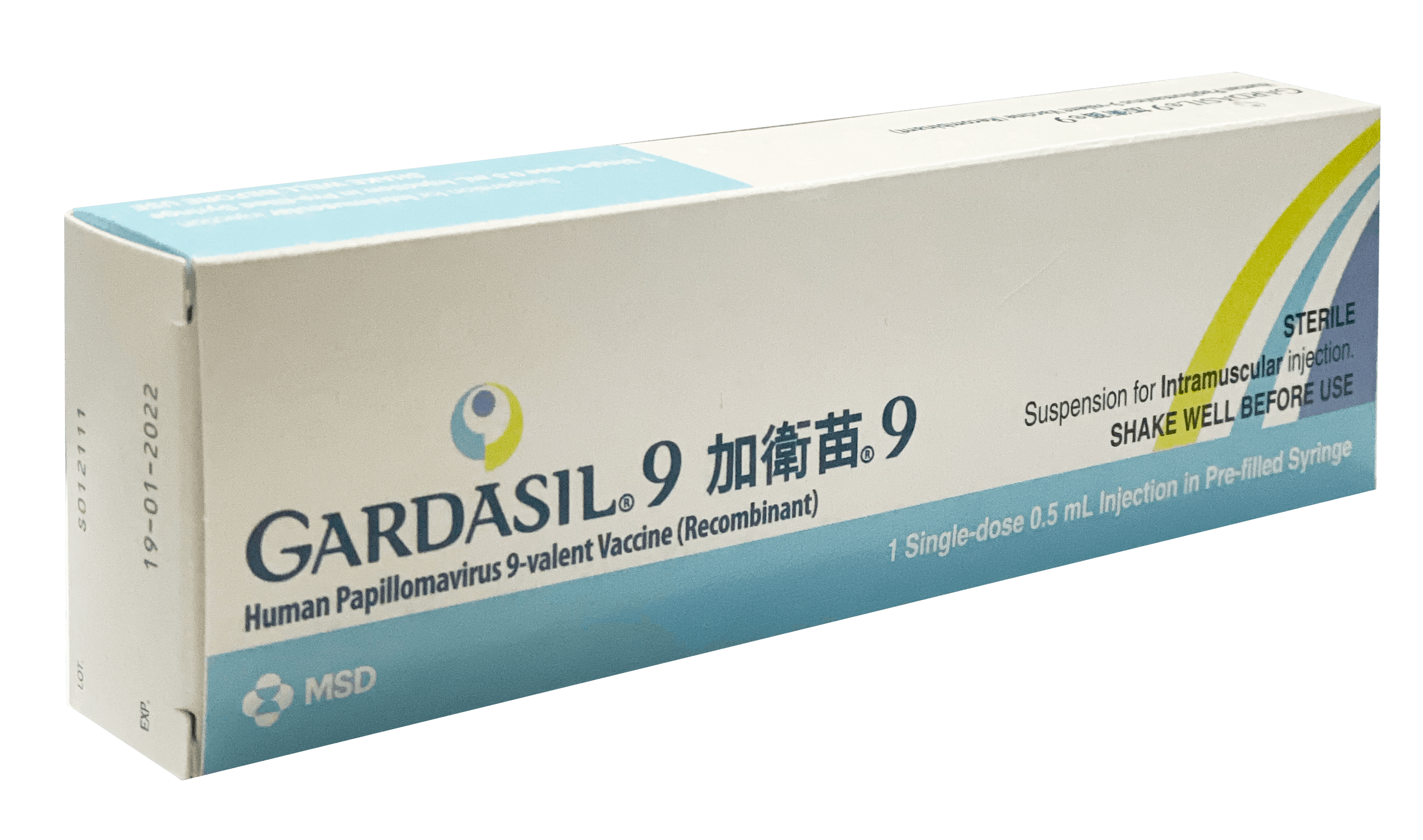- Home
- /
- Vaccination
- /
- Hep A & B...
Hepatitis A & B Vaccine

Hepatitis A & BCauses and Transmission Hepatitis A is transmitted fecal-orally. Hepatitis A virus (HAV) is transmitted from an infected person’s stool to the water or food eaten by another person. The virus can survive in water for more than a year and also in food for a few days. It can be transmitted by: • eating contaminated food without proper cooking especially shellfish like oysters, clams, cockles, and mussels.
Hepatitis B virus (HBV) is found in the body fluids of an infected patient or a carrier, mainly in the form of blood, amniotic fluid, semen, and vaginal secretions.
Transmission can occur when blood or other body fluids from an infected person enters the body of a person who is not infected.
HBV is spread through having sexual contact with an infected person without using a condom (the efficacy of latex condoms in preventing infection with HBV is unknown, but their proper use might reduce transmission), by sharing drugs, needles, or through sharing ‘equipment’ when injecting drugs, through needlesticks or sharps exposures on the job, or from an infected mother to her baby during birth.
Persons at risk for HBV infection might also be at risk for infection with the hepatitis C virus (HCV) or HIV. |
Signs & Symptoms: Common signs and symptoms include:
Adults have signs and symptoms of illness more often than children. People with acute hepatitis B can develop acute liver failure, which can lead to death.
Long-Term Effects Hepatitis A is usually a short-term infection and does not become chronic. Symptoms of hepatitis A usually last less than 2 months, although 10%–15% of symptomatic persons have prolonged or relapsing disease for up to 6 months.
Hepatitis B can also begin as short-term, acute infections, but in some people, the virus remains in the body, resulting in chronic disease and long-term liver problems. It can cause lifelong infection, cirrhosis (scarring) of the liver, liver cancer, liver failure, and death. |
Types of Vaccines
Combined Hepatitis A & B Vaccine A combined hepatitis A and B vaccine can be given to people without any antibodies to both hepatitis A and B. A course of three injections is given at 0, 1, and 6 months. Usually, there are no side effects or very minimal side effects. Minimal side effects can include fever, aches, and pain. After the three injections, immunity can be generally maintained for over 10 years.
Hepatitis A Vaccine The Hepatitis A vaccine can be given to adults and children. It is especially important for people who are required to travel frequently to mainland China or other South East Asian countries for work or leisure.
A single injection of the hepatitis A vaccine can induce immunity lasting for 3 years. However, most people would choose to have a second injection within 6 to 12 months, so that the protection would be extended to over 10 years. Those with no immunity to hepatitis B may have Twinrix, a combined hepatitis A and B vaccine that reduces the number of injections from 5 to 3.
Hepatitis B Vaccine For anyone without the antibody for hepatitis B who is not a hepatitis B carrier, we recommend they have a vaccination against hepatitis. Generally, three injections of the hepatitis B vaccine are required, and the injections should be given in the 1st and 6th months after the first injection. After the injections, over 90% of people will develop antibodies and be protected. High-risk individuals such as healthcare workers, and people in close contact with carriers are suggested to have a booster injection every 5 years. For anyone else, every 10 years is usually sufficient. |
For enquiries, please contact
Tel: (852) 3160 4886
Email: neo@neohealth.com.hk

Health Screening
We provide a variety of plans to meet your needs. In addition to analyzing the medical report, we also care about your lifestyle and family medical history before giving professional medical advice. If you obtain abnormal test results, we can arrange for more detailed testing and high-quality treatment services to get early treatment and reduce the chance of recurrence.

9-valent HPV vaccine (Gardasil 9)
GARDASIL 9 is a vaccine for both females and males to prevent cervical, vulvar, vaginal, and anal cancers caused by human papillomavirus (HPV) Types 16, 18, 31, 33, 45, 52, and 58…
